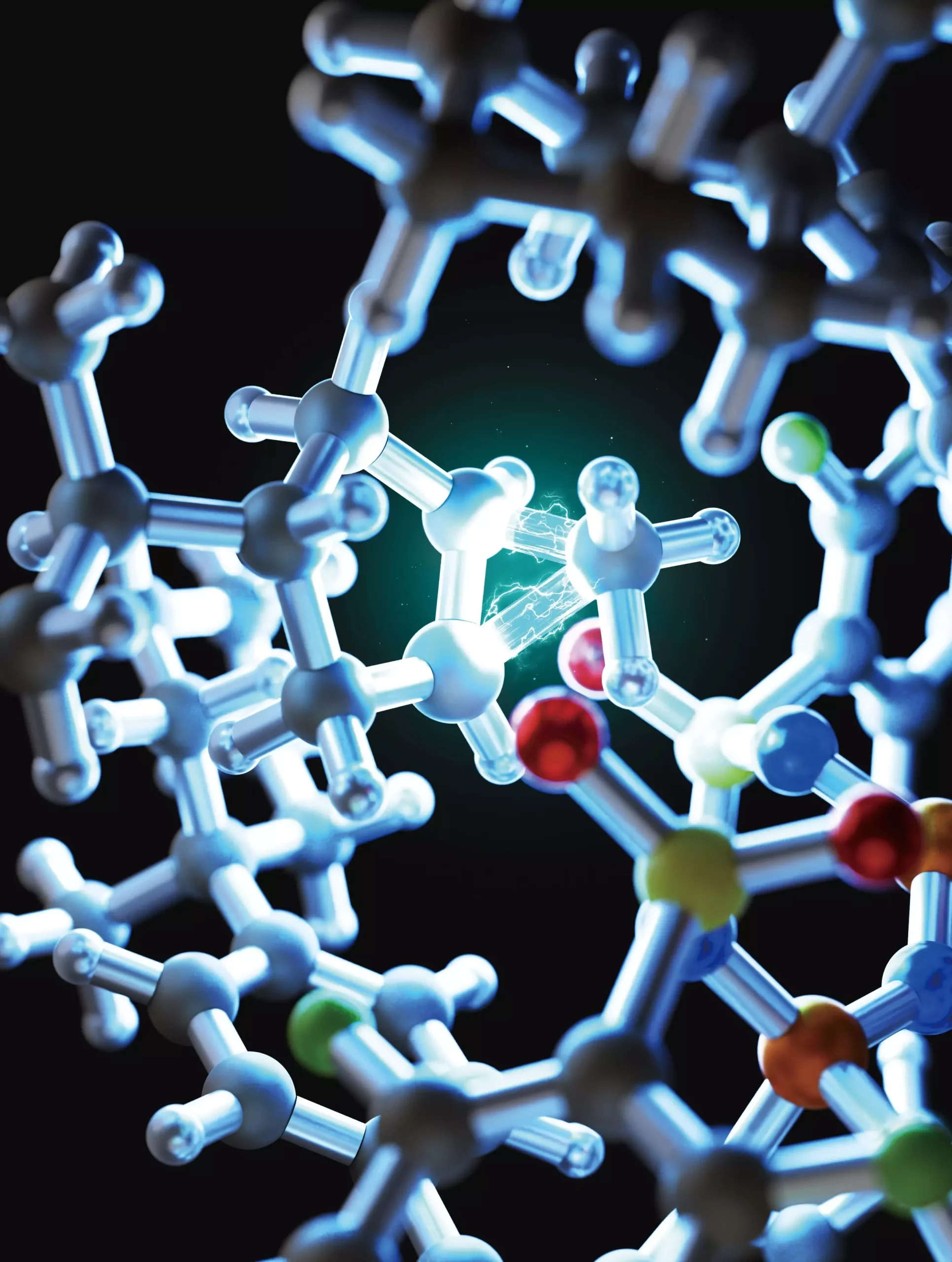In a remarkable advancement for organic chemistry, researchers at Hokkaido University, Japan, have unveiled a groundbreaking method for activating alkanes, which have long been seen as challenging, yet crucial components in the chemical industry. The publishing of their research in the prestigious journal *Science* marks a transformative leap in how these prevalent compounds can be effectively converted into useful substances, thereby facilitating the production of necessary medicines and innovative materials.
Alkanes, primarily derived from fossil fuels, form a significant part of the global chemical landscape. These hydrocarbons serve as fundamental building blocks in creating chemicals and materials such as plastics, solvents, and lubricants. Despite their widespread availability, the stable and inert nature of alkanes, attributed to their robust carbon-carbon bonds, poses significant hurdles in chemical processing. Traditionally, methods employed to manipulate alkanes have struggled with low selectivity and control, producing a challenging mixture of byproducts instead of desired compounds.
One of the most daunting aspects of working with alkanes lies in their reactive nature when reformed into other compounds. The common technique known as cracking results in a spectrum of products, complicating efforts to isolate valuable chemicals. Central to this issue is the understanding of reaction intermediates, notably carbonium ions. Unlike the conventional carbocation representation with three bonding groups, these intermediates can exhibit five connected groups, increasing their reactivity and making them unpredictable for chemists in a laboratory setting.
Innovation with Cyclopropanes
To surmount these challenges, researchers turned their attention toward cyclopropanes, unique alkanes characterized by their ring structure. This structural trait grants them increased reactivity compared to their linear cousins, presenting a promising avenue for targeted chemical transformations. The recent study focuses on a specific class of catalysts known as imidodiphosphorimidate (IDPi), confined chiral Brønsted acids capable of effectively activating cyclopropanes. By utilizing IDPi, the research team demonstrated a method to steer the selective fragmentation of these compounds, thereby facilitating the creation of highly desirable alkenes.
The crux of this innovative approach lies in the unique properties of the IDPi catalysts, which can donate protons in a confined environment, optimizing control over the reaction process. As Professor Benjamin List, lead investigator of the study, explains, this controlled environment not only ensures that cyclopropanes decompose into alkenes, but it also governs how atoms rearrange during the reaction. The precision achieved in this process is pivotal, particularly in pharmaceutical applications where the specific molecular format can drastically alter a substance’s efficacy.
Significance of Selectivity and Efficiency
The research underscores the importance of stereoselectivity, defined as the preferential formation of specific molecular arrangements during chemical reactions. The ability of the newly devised catalytic framework to stabilize transient structures means that unwanted byproducts are significantly minimized, directing the reactions more efficiently towards the desired outcomes. Associate Professor Nobuya Tsuji, co-author of the study, highlights how modifications made to the catalyst structure enhanced production yields of favorable products, allowing researchers to narrow down the characteristics of the molecules produced.
The applicability of this revolutionary method extends beyond simple hydrocarbons. Through rigorous testing, the researchers demonstrated its effectiveness in manipulating a diversity of complex molecular entities, thereby illustrating its potential to democratize the use of hydrocarbons in synthesizing valuable chemicals. By harnessing this advanced methodology, industries ranging from pharmaceuticals to advanced material sciences can expect enhanced efficiency in both product development and resource utilization.
The breakthrough achieved by researchers at Hokkaido University not only resolves longstanding challenges associated with alkane activation but also paves the way for future innovations in chemical synthesis. As the ability to control molecular transformations improves, so too does our capacity to produce essential materials sustainably and efficiently, ultimately contributing to a more dynamic and resourceful chemical industry.

